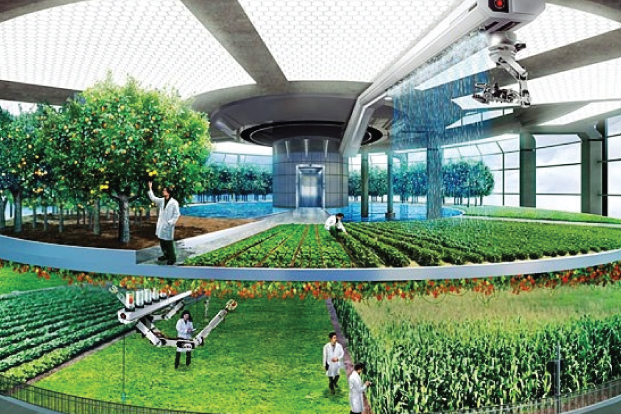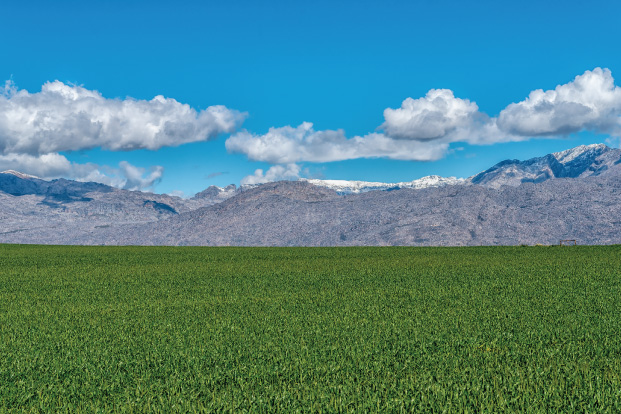Why South Africa’s agricultural industry needs digital transformation.

JSE to launch Zambia dollar-denominated maize contract
May 8, 2017
SA agricultural sector likely to get a 2% relief on diesel price next month.
May 22, 2017
With roughly 33% of global food production for human consumption lost or wasted every year, and global food demand set to increase by 35 percent by 2030, how will the digital transformation of agriculture transform life on the farm? What impact will this have on a world in which around 40 percent of the population work in agriculture.The Department of Agriculture, Forestry, and Fishing Q4 (2015) report states: In monetary terms, agriculture’s share of the South African economy has long been outstripped by those of the secondary and tertiary industries such as banking and finance, education, health and other sectors over the past years. Agriculture now accounts for less than 3% of GDP. According to the General Household Survey, carried out by Stats SA (2016), less than one-fifth of South African households (16,9%) were involved in agricultural production activities in 2015. Of these, 11,8% cultivated farmland while 91,3% created backyard gardens. Only 12,1% of the households involved in agriculture reported getting agricultural-related support from the government. Nationally, 2,1% of the households reported receiving training and 6,8% received dipping/livestock vaccination services.
However, it is a common phenomenon that as other sectors grow as a result of economic development, the contribution of agriculture declines. Agriculture remains a vital sector in the economy through the provision of employment, foreign exchange, and raw materials. It also stimulates growth in the rest of the economy through its forward and backward linkages with other economic sectors.
Agricultural transformation in South Africa will build social cohesion, drive beneficial continental trade, provide a platform for sustainable exports to the rest of the world, and, most importantly, help create millions of jobs while pulling subsistence farmers out of poverty.



